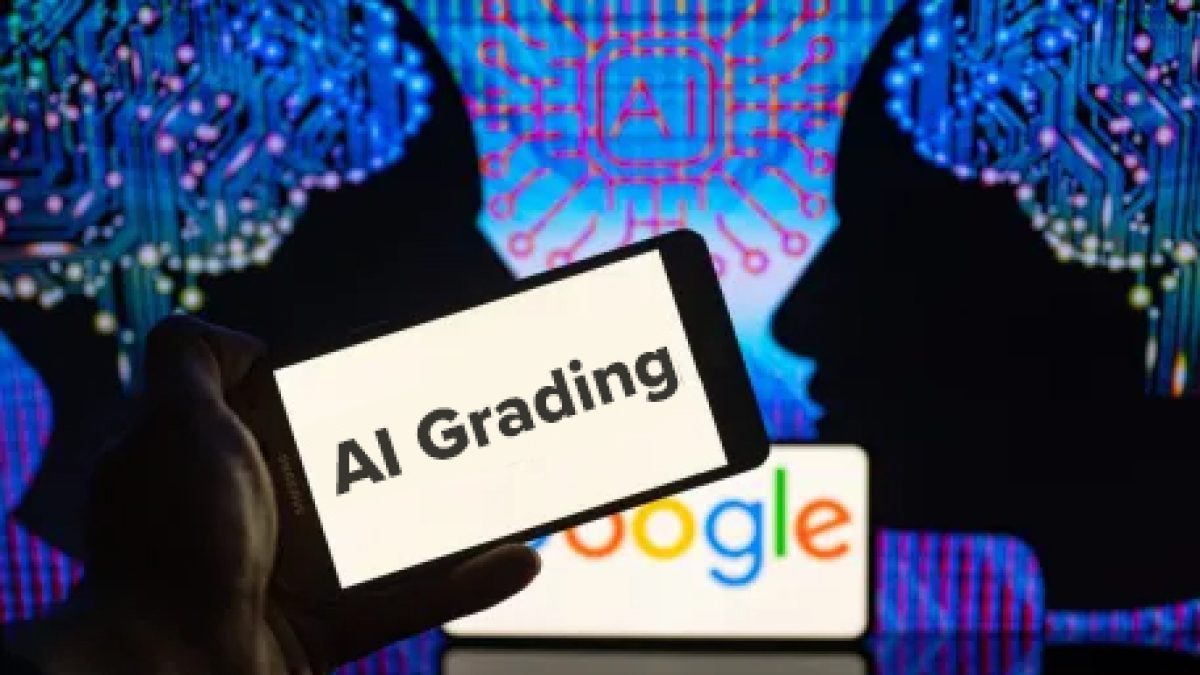Imagine a classroom in 2030 where artificial intelligence (AI) handles the grading, providing instant feedback, and tailoring learning experiences for every student. This futuristic vision is closer than you might think, and it promises to revolutionize education in ways we are just beginning to explore. Let’s dive into the exciting possibilities of AI grading and its potential impact on education.
How will AI grading transform classrooms?
AI grading technology will evolve far beyond today’s capabilities. By 2030, it will assess essays, projects, and even creative work with remarkable accuracy and efficiency.
What will AI grading look like in 2030?
1. Sophisticated Language Processing
- AI may read and comprehend student essays at a sophisticated level, evaluating creativity, depth of analysis, and coherence.
- Example: An AI grader might provide detailed feedback on a history essay, highlighting areas for deeper analysis or suggesting more compelling arguments.
2. Advanced AI Teaching Assistants
- Overview: AI teaching assistants will support teachers by handling administrative tasks, such as advanced AI grading, and offer additional student support.
- Example: An AI teaching assistant could manage grading and provide detailed feedback, allowing teachers to focus more on personalized instruction and student engagement.
3. Advanced AI Voice Assistants
- AI voice assistants will support students by answering questions, explaining concepts, and providing tutoring on demand.
- Example: A student struggling with a math problem could ask their AI voice assistant for a step-by-step explanation, receiving instant, personalized help.
4. Educational Classroom Robots
- Robots equipped with AI may assist teachers, providing hands-on support and personalized guidance.
- Example: An AI-powered robot could help students with science experiments, providing instant feedback and explanations, enhancing the hands-on learning experience.
5. Tailored Learning Experiences
- AI will create customized learning paths based on each student’s performance, addressing their unique strengths and weaknesses.
- Example: A learning app could adapt in real-time to a student’s progress, recommending resources to strengthen their weaker areas, such as language arts for a student excelling in science.
AI Will Not Replace Teachers in 2030
Teachers will remain essential in the educational process. AI tools will augment teachers’ capabilities, allowing them to focus on personalized instruction, mentorship, and the emotional and social development of their students. AI will handle repetitive tasks, but the human connection and expertise of teachers cannot be replicated by technology.
Feel proud knowing that AI is here to support and enhance your invaluable role in shaping the future! Share this article with a teacher that needs to hear this, and be sure to follow AI trends.
Conclusion
By 2030, AI grading will redefine education, making it more efficient, personalized, and fair. Balancing technological advancements with ethical considerations and the vital role of human educators will be key to this transformation. The future of AI grading is bright, promising a dynamic and engaging educational landscape.
Stay on Top of AI for Teachers
How to stay informed and skilled in utilizing AI tools for teachers:
- Explore Our Free AI for Teachers Blog: Dive into a wealth of articles on AI essay graders and other AI tools designed to empower educators. Our blog provides in-depth insights and practical tips to effectively integrate AI into your teaching practices.
- Download Our Free AI Tools for Teachers Checklist: Choosing the right AI essay grader is critical. Our comprehensive checklist helps you evaluate various AI tools to ensure they meet your educational needs and comply with all necessary privacy and compliance standards.
Happy AI grading!




